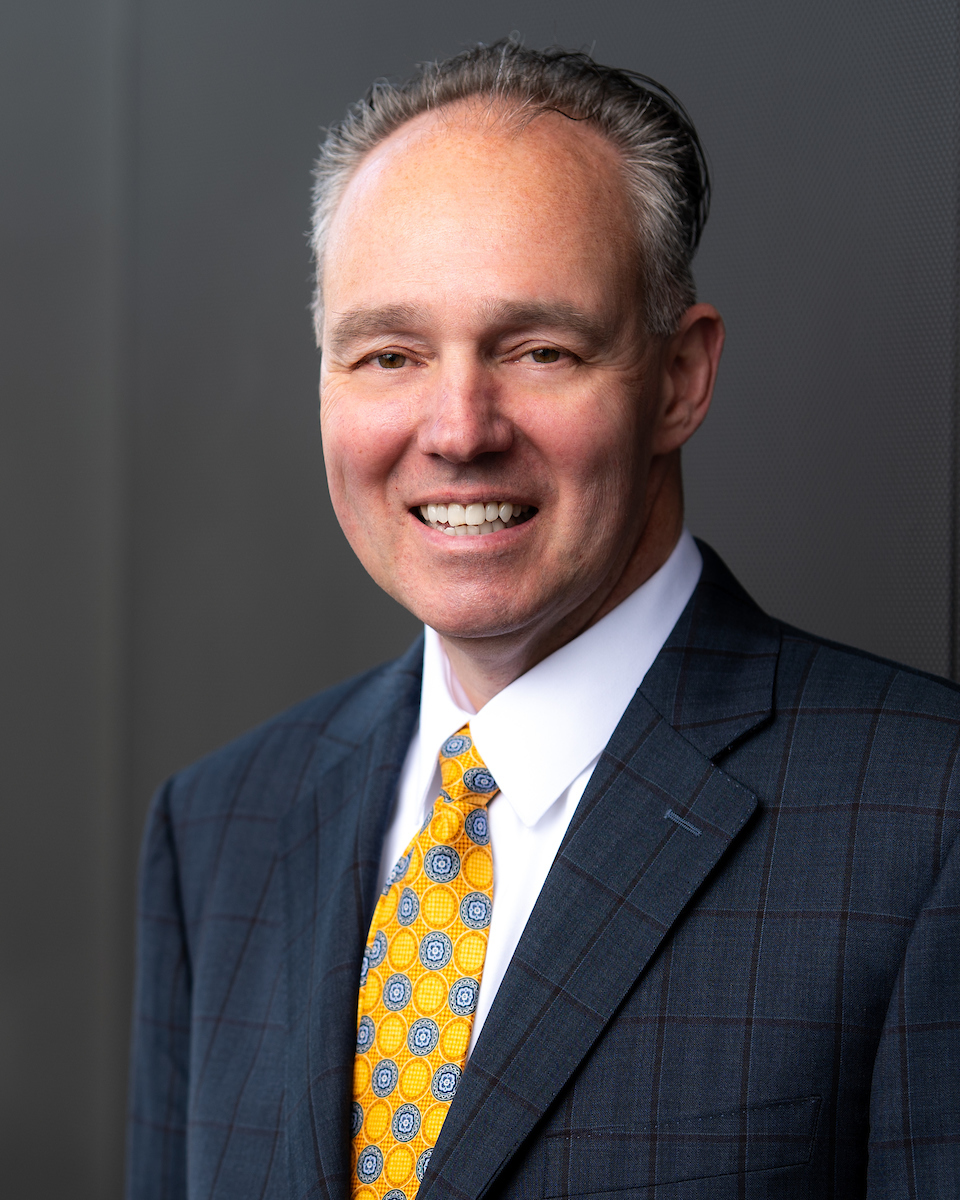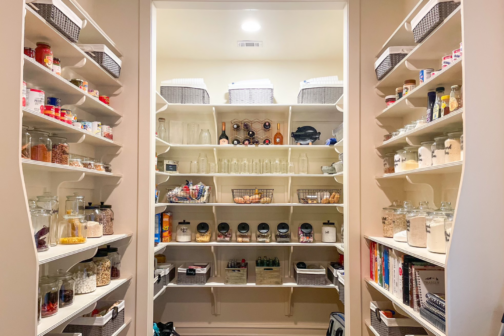Two Plano-based companies are partnering to bring hospital-at-home care to a 40-state hospital network. Resilient Healthcare Corporation and Community Hospital Corporation’s joint venture aims to expand the level of care to rural communities without access to high-level care.
Resilient Healthcare takes a tech-enabled approach to expanding its hospital-at-home program called Care Anywhere. The company’s software platform onboards physicians and other practitioners and partners with primary care providers and hospitals to provide acute hospital-level care to patients in the comfort of their homes. The JV is the largest to date for Resilient and will officially roll out in the coming weeks.
Earlier this year, Resilient partnered with a Houston area Independent Physician Association, making 13,000 members eligible for hospital-at-home services. That number was expected to double by the end of the year. Resilient was the first in Texas to launch a hospital-at-home program via a partnership with Medical City in early 2021, contracting with dozens of hospitals.
CHC was founded by 13 nonprofit hospitals 27 years ago and offers several services for hospitals in more than 40 states. CHC owns, manages, and consults with community hospitals. They also provide long-term acute care, turnaround, and supply chain services for healthcare providers nationwide.
The venture will allow Resilient, already the largest hospital-at-home provider in the state, to scale its platform to CHC’s extensive rural hospital network. Hospital-at-home programs bring together patient preference, quality outcomes, and cost to check all the boxes of the care model poised to explode, especially as government payers add it to their list of covered services. As remote monitoring and communication technology improves, hospital-at-home programs can care for more complex patients in their homes.
Resilient CEO Jackleen Samuel says the platform treats patients sick enough to be in the hospital but stable enough to be at home,” which includes patients suffering from cellulitis, COPD, and other hospital frequent flyers. Providers have a 30-minute response time and can do diagnostics, x-rays, EKGs, ultrasounds, IV infusions, wound care, and lab work from the patients’ homes. The company’s newest addition is 24/7 electrocardiogram monitoring, which detects heart health. Resilient trains and certifies providers, who help them connect with patients but report to the hospital’s chief nursing officer.
“When we started Resilient, we did so because we saw a gap in healthcare. We wanted to care for sicker patients in their homes and manage that transition more appropriately,” Samuel says. “We’re two organizations trying to address a common problem: the ability to care for more patients in the most cost-effective manner while giving them the best quality outcome and the best deliverable of care. It’s a win-win for everyone.”
CHC President and CEO Jim Kendrick says that the service is a boon for rural markets where patients must travel far to get to a hospital that often struggles to hire specialists. “This is a coming together of two organizations that are trying to address a similar problem, which is the ability to care for patients in the most cost-effective environment,” Kendrick says. “This has the ability to enhance the care that they’re getting and lower the cost. So it’s a win for everyone.”
Author









